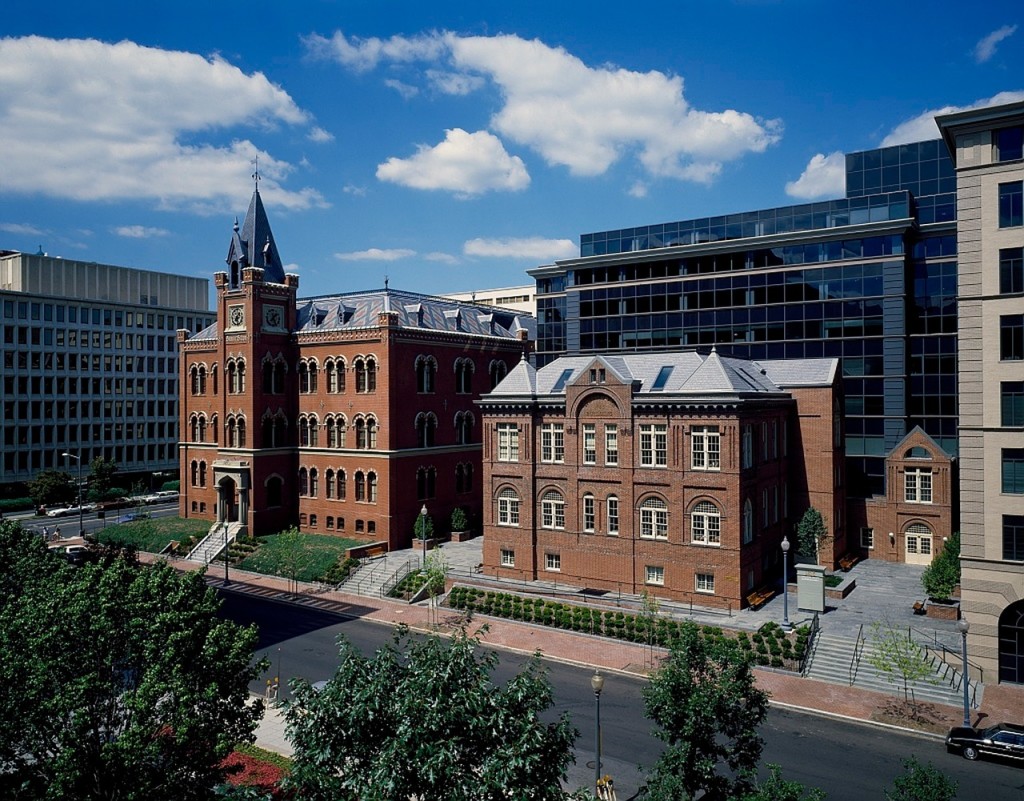
People with bachelor’s degrees earn close to 33 percent more, on average, than those who are non-college-educated. Personal finance website WalletHub conducted an in-depth analysis of 2017’s Most & Least Educated Cities in America.
To determine where the most educated Americans are choosing to settle, WalletHub’s analysts compared the 150 largest U.S. metropolitan statistical areas, or MSAs, across nine key metrics. The data set ranges from share of adults aged 25 and older with a bachelor’s degree or higher to racial education gap to quality of the public school system.
| Most Educated Cities | Least Educated Cities | ||||
| 1 | Ann Arbor, MI | 141 | Beaumont, TX | ||
| 2 | Washington, DC | 142 | Lafayette, LA | ||
| 3 | San Jose, CA | 143 | Hickory, NC | ||
| 4 | Durham, NC | 144 | Salinas, CA | ||
| 5 | Madison, WI | 145 | Fresno, CA | ||
| 6 | Boston, MA | 146 | Modesto, CA | ||
| 7 | Provo, UT | 147 | Bakersfield, CA | ||
| 8 | San Francisco, CA | 148 | Visalia, CA | ||
| 9 | Austin, TX | 149 | Brownsville, TX | ||
| 10 | Tallahassee, FL | 150 | McAllen, TX | ||
Key Stats
- The Ann Arbor, MI, metro area has the highest share of bachelor’s degree holders aged 25 and older, 52.7 percent, which is 3.8 times higher than in Visalia-Porterville, CA, the metro area with the lowest at 13.8 percent.
- The Huntsville, AL, metro area has the highest public-school quality score, 9 out of 10, which is 4.5 times higher than in Springfield, MA; Trenton, NJ; and Davenport-Moline-Rock Island, IA-IL, the metro areas with the lowest at 2 out of 10.
- The Oxnard-Thousand Oaks-Ventura, CA, metro area has the highest racial education gap, with the share of black bachelor’s degree holders aged 25 and older at 24.54 percent, compared with 20.04 percent for their white counterparts, a difference of 4.5 percent favoring blacks.
- For comparison, the national average for blacks with the same attributes is 12.77 percent and 19.88 percent for their white counterparts.
- The Vallejo-Fairfield, CA, metro area has the highest gender education gap, with the share of female bachelor’s degree holders aged 25 and older at 19.22 percent, compared with 15.86 percent for their male counterparts, a difference of 3.36 percent favoring women.
- For comparison, the national average for females with the same attributes is 18.68 percent and 18.35 percent for their male counterparts.
To view the full report and your city’s rank, please visit:
https://wallethub.com/edu/
